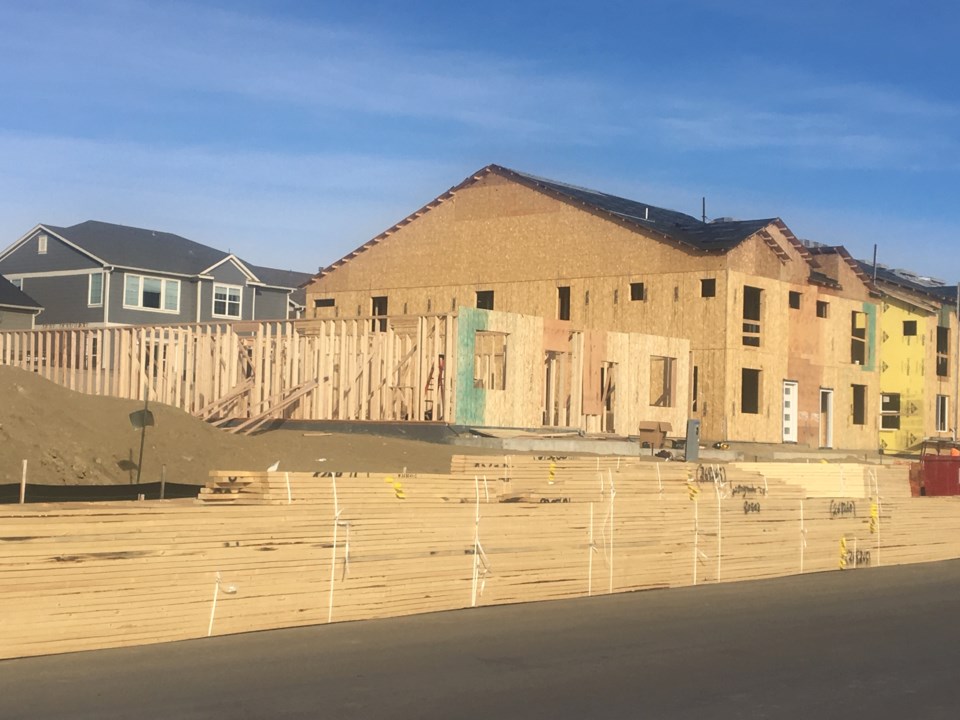This content was originally published by the Longmont Observer and is licensed under a Creative Commons license.
During Tuesday night's Longmont City Council study session, council directed city staff with a vote of 6-1 to move forward with the prospect of implementing an impact fee deferral program for new residential construction until the time of Certificate of Occupancy. The implementation of the program would require a change to the city’s current ordinance.
As it is currently written, the municipal code requires that all fees must be paid by the developer at the time of building permit issuance. The proposed change to this code would defer the payment of related impact fees until the Certificate of Occupancy is issued.
No revenue would be lost to the city in this program. The goal is to incentivize developers to build residential building projects earlier and faster.
The plan for this prospective program was brought before council by Director of Planning and Development Services, Joni Marsh.
Marsh spoke of some hurdles that need to be addressed should the program change. “Our business process is really built around collecting those fees at the time of permit issuance, so our land management and permit issuance will need to be reprogrammed with basically some scripting and workflow updates. In conjunction with that, we’ll obviously need to do some staff training to implement those changes, because this is really a business process change in how we’ve done things in building inspection since 2001.”
The specific fees to be deferred when this program include: water system development fees, sewer system development fees, windy gap surcharges, electric community investment fees, park improvement fees, storm drainage plant investment fees, transportation impact fees, and recreation buildings impact fees.
Combined these fees account for more than 60 percent of the total residential construction fees issued.
This program would provide developers greater flexibility with these payments, allowing alternative payment times throughout the construction process.
Other construction charges, such as permit and plan review fees, inspection fees relating to construction, and city/county sales taxes would continue to be collected at the time building permits are issued.
The Council also voted 6-1 to include in the provision a sunset clause which would allow a review of the program to be forwarded to them annually.



